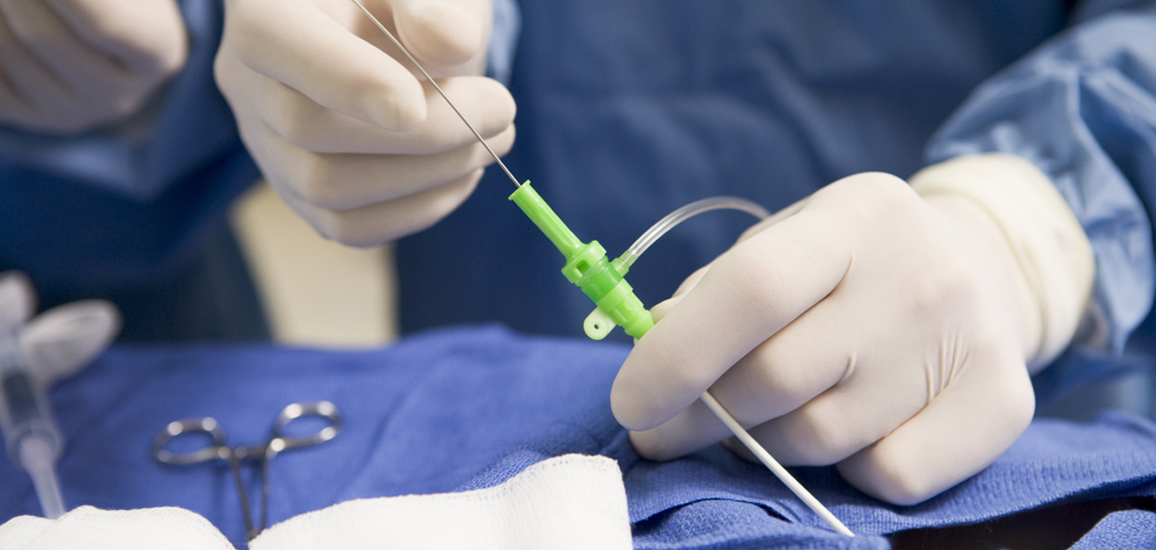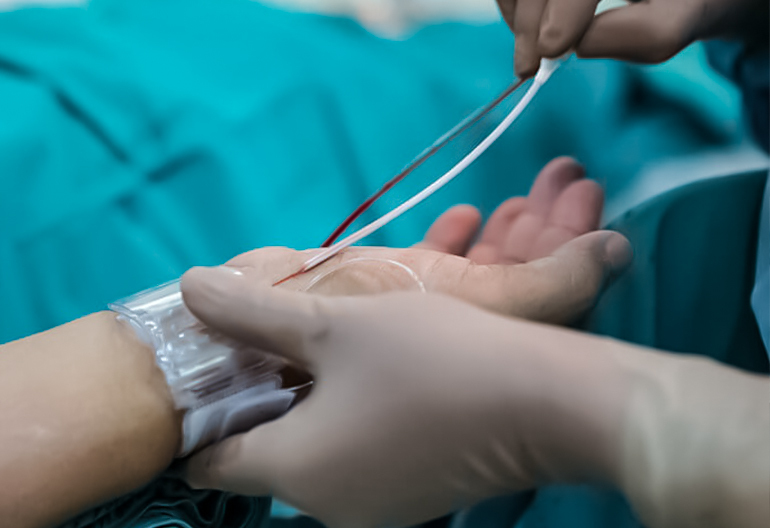
Angiography is a crucial diagnostic procedure utilized to examine blood vessels for abnormalities or blockages. Premier Choice Cardiology recognizes the significance of angiography in diagnosing various cardiovascular conditions. In this comprehensive guide, we aim to provide detailed insights into the risks and complications associated with angiography, ensuring patients are well-informed before undergoing the procedure.
Risks and Complications
Angiography Procedure: Unveiling the Process
Before delving into the risks and complications, let’s understand the angiography procedure. Angiography involves injecting a contrast dye into the blood vessels to make them visible on X-ray images. This allows healthcare providers to assess the blood flow and detect any abnormalities or blockages.
Understanding the Need for Angiography
Angiography is typically recommended to diagnose various cardiovascular conditions, including coronary artery disease, peripheral artery disease, and aneurysms. It helps healthcare providers determine the extent of blockages or abnormalities in the blood vessels, guiding treatment decisions.
Potential Risks Involved
While angiography is generally considered safe, it does carry certain risks and complications that patients should be aware of:
-
Allergic Reactions
Some individuals may experience allergic reactions to the contrast dye used during angiography. Symptoms can range from mild itching or hives to more severe reactions such as difficulty breathing or anaphylaxis.
-
Bleeding at the Injection Site
After the procedure, bleeding at the catheter insertion site is common. While minor bleeding typically resolves on its own, excessive bleeding may require medical intervention.
-
Blood Clots
There’s a small risk of blood clots forming at the catheter insertion site or within the blood vessels. These clots can potentially lead to serious complications such as stroke or heart attack.
-
Kidney Damage
The contrast dye used in angiography can sometimes cause kidney damage, particularly in individuals with pre-existing kidney conditions. Patients with impaired kidney function are at higher risk and may require special precautions.
-
Infection
Although rare, there’s a slight risk of infection at the catheter insertion site. Patients should monitor for signs of infection, such as redness, swelling, or drainage, and seek prompt medical attention if present.
Complications: Navigating Potential Issues
In addition to the aforementioned risks, angiography can occasionally lead to more serious complications:
-
Stroke
In rare cases, angiography may trigger a stroke, particularly if a blood clot dislodges during the procedure and travels to the brain. Patients should be monitored closely for any neurological symptoms post-procedure.
-
Heart Attack
Similarly, the dislodgement of a blood clot during angiography can obstruct blood flow to the heart, resulting in a heart attack. Patients with pre-existing heart conditions are at higher risk and may require specialized care.
-
Nerve Damage
Occasionally, angiography may cause nerve damage, leading to sensations of numbness or tingling in the affected area. While this is typically temporary, patients should report any persistent symptoms to their healthcare provider.
-
Adverse Reaction to Anesthesia
Some individuals may experience adverse reactions to the anesthesia administered during angiography, such as nausea, dizziness, or allergic reactions. Healthcare providers monitor patients closely during the procedure to mitigate these risks.
-
Contrast-Induced Nephropathy (CIN)
Contrast-induced nephropathy is a potential complication characterized by a decline in kidney function following the administration of contrast dye. Patients with pre-existing kidney disease are at higher risk and may require alternative imaging modalities.
-
Radiation Exposure
As angiography involves the use of X-rays, there’s a minimal risk of radiation exposure. While the benefits of the procedure often outweigh this risk, healthcare providers take precautions to minimize radiation exposure to patients and staff.
Premier Choice Cardiology: Your Trusted Partner
At Premier Choice Cardiology, patient safety and comfort are our top priorities. Our experienced team of healthcare professionals ensures meticulous care throughout every step of the angiography process, from pre-procedure evaluation to post-procedure monitoring. We strive to minimize risks and complications associated with angiography, providing patients with the highest quality of care.
FAQs
What are the common symptoms of an allergic reaction to the contrast dye used in angiography?
Symptoms may include hives, itching, difficulty breathing, or swelling, particularly around the face, lips, or throat.
How can I reduce the risk of complications during angiography?
It’s essential to provide your healthcare provider with a comprehensive medical history, including any allergies or pre-existing conditions. Following pre-procedure instructions and closely adhering to post-procedure care guidelines can also help minimize risks.
Is angiography a painful procedure?
While you may experience some discomfort, anesthesia is administered to ensure minimal pain during the procedure.
What should I expect during the recovery period after angiography?
Most patients can resume normal activities within a day or two following angiography. However, it’s crucial to avoid strenuous activities and follow any specific instructions provided by your healthcare provider.
Can angiography detect all potential cardiovascular issues?
While angiography is highly effective in identifying blockages or abnormalities within blood vessels, certain conditions may require additional diagnostic tests for accurate evaluation.
Navigating Angiography Risks with Premier Choice Cardiology
Understanding the risks and complications associated with angiography is crucial for informed decision-making and optimal patient outcomes. At Premier Choice Cardiology, we are committed to providing comprehensive care and minimizing risks associated with this essential diagnostic procedure. Book your appointment now.

